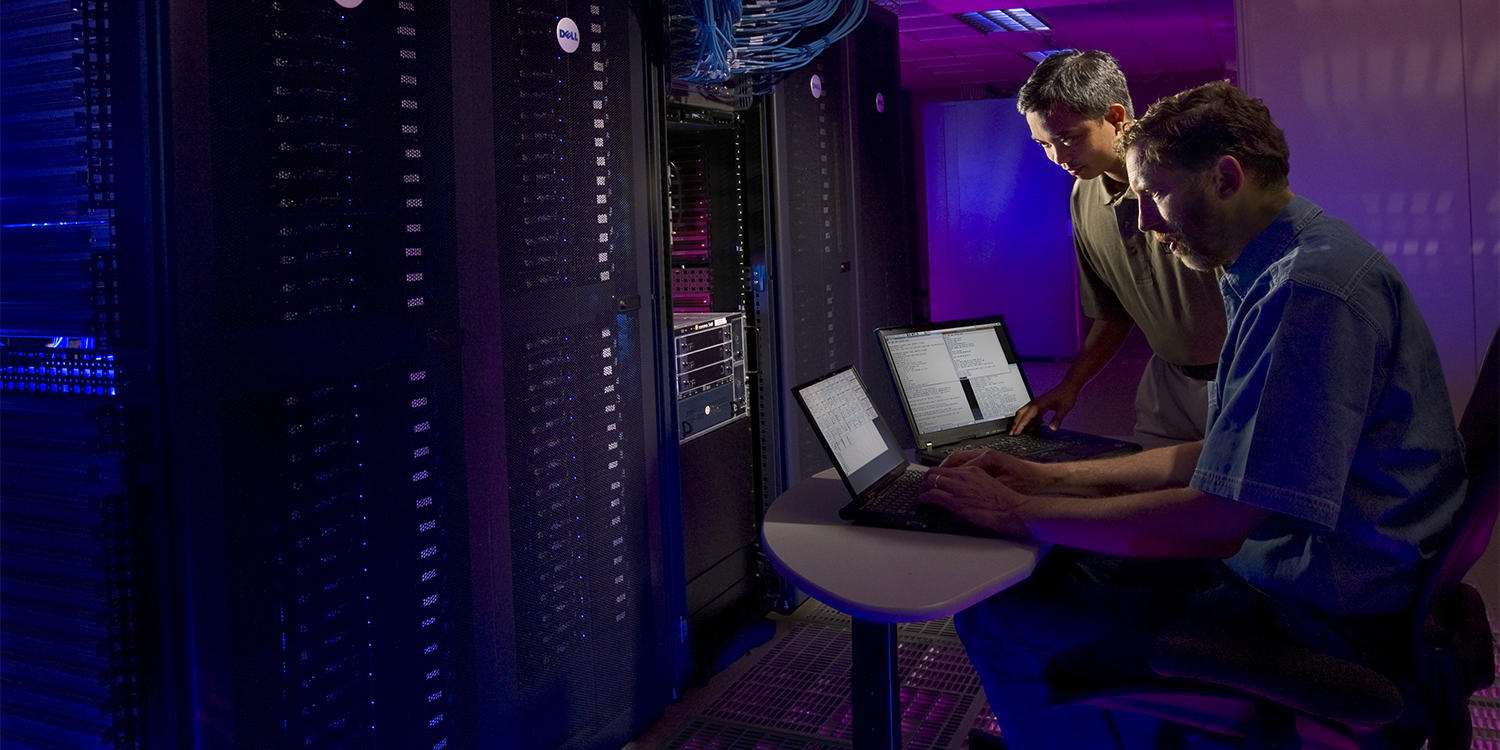WikiLeaks just released thousands of pages it says details how the CIA spies on people using their smartphones, smart TVs and other devices.
Like us on Facebook
In Georgia, a hub for cyber security companies and the U.S. military’s cyber command operations, experts say it’s the new normal.
Professor Humayun Zafar, who teaches cybersecurity at Kennesaw State University, said the only way to be sure you’re not being monitored is to unplug your devices completely.
“Any device connected to the web can be breached. It doesn’t matter how secure it is today,” Zafar said. “But tomorrow there could be a zero day attack and it could be rendered useless.”
Cyber Attacks
A zero day attack is one that exploits security vulnerabilities companies and manufacturers are not yet aware they have. Zafar said companies and states like Georgia are working to train their workforce.
Gov. Nathan Deal recently announced plans for a new $50 million dollar cyber innovation and training center in Augusta, where the U.S. military already has one of its major cyber command centers.
“We’ve always considered security to be something that’s relegated to the IT geek,” Zafar said. “But understand that cybersecurity is a shared responsibility. So everyone needs to be aware of this because everyone is part of that technology environment. The weakest link can result in a cybersecurity incident.”
Loss Of Privacy
Zafar said we often trade privacy for convenience when we use technology – from personal digital assistants in our homes to cars that connect to the Internet.
“Everybody has a cellphone, you just need to understand that cellphone is tracking you. While you may have nothing to hide, you still have a right of privacy,” Roy Hadley, an Atlanta attorney, said. “Our republic is built upon those rights in the Constitution and Bill of Rights and once those start to be abridged or treaded upon, then we all ought to get concerned.”
Hadley leads the cybersecurity and privacy practice at Thompson Hine and is chair of the information security society for the Technology Association of Georgia.
“This is going to sound very gloomish and doomish, but you almost don’t have any kind of privacy,” Hadley said.
But, Hadley said, solutions may come out of metro Atlanta, which leads the nation with more than 60 cybersecurity firms.
“Metro Atlanta will be at the forefront in terms of driving a lot of those technologies,” Hadley said. “You’re really going to see a lot coming out of Georgia in terms of that cyber discussion.”

9(MDAxODM0MDY4MDEyMTY4NDA3MzI3YjkzMw004))









